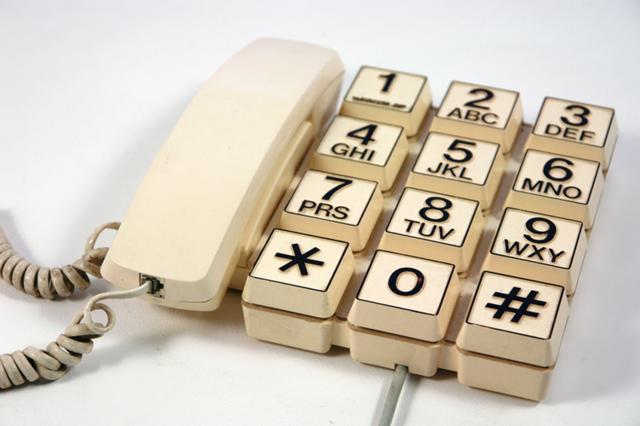A friend asked me this today in an email, as she gets ready to work on a story--
I think I'm going to interview people for this one, and I've never done it before. do you ask people via email, mention where the article will appear, and if they agree then email them questions? Do you offer to interview via email or in person and give them the option How many questions do you find is the right amount?
I wrote her the following email and then I thought maybe this would be of interest to other people. I love working for myself but I really enjoyed when I worked at my old job because we could sit around and talk about dorky stuff like how to record phone conversations and strategizing going into an interview with a Very Important Person Whose Work You Don't Understand At All. So sometimes I go off when it comes to talking about writing, because I miss talking shop. Here is what I had to say (this applies to freelance articles, by the way, not Zulkey.com interviews):Â
Here is what I normally do:
1.) Pitch article. In the pitch say "I want to say this and I plan on interviewing <<these types of sources>> for the article."
2.) Get approval and the deadline.
3.) Reach out to the people I want to interview and say "Hello, I am a writer for <<publication>> and I am doing a story on <<topic>> and I was hoping you could provide some insight for it. My deadline is <<DATE>> so are you free to speak sometime before then?" Ideally they'll write you back shortly and you'll set up the interview--they might call you or vice versa. Don't be like me and CONSTANTLY MESS UP THE TIME ZONES.
NOTE: Phone is better than email for doing interviews for the following reasons: a.) It is less onerous for the source than typing out the questions b.) You are more likely to get spontaneous conversation and good answers that way [More on this in the next graf but you don't want to be too reliant on a 'script'--you want to leave room for digression and natural follow-up.] c.) Just in general, a piece will sound more human with actual voice quotes than email quotes. I have used a phone recording software for taping calls but most of the time I just type notes as I speak on the phone.
4.) Research/write my questions. The # of questions depends on the story. I've done interviews that are just one question (and that's great!) Sometimes I have ten questions. Sometimes the answers beget other questions. But you want to feel going into it that you pretty much know what you'd ask even without the script, just to keep it a natural conversation. (In general I find that when you're genuinely curious, the interview just feels like a good conversation. If you don't really care what the person has to say that much and you're not that interested in the questions, it's never fun for anyone.) Sometimes if you like or the source likes you can send some questions ahead of time so they can collect their thoughts but I always like to say "this is a jumping off point" so that you are free to really converse freely.
5.) Do the call. There is usually a few minutes back and forth of awkwardness (Hello how was your weekend etc). Sometimes it helps me just to re-state what I'm doing, IE "So I'm doing this story on <<topic>> for <<publication>> and what I'm hoping you can help me discuss further is <<area you want to discuss>>." Save your notes.
6.) Repeat as needed for other sources.
7.) Write your article. For me it helps to write a really rough outline of how I think the piece will go, and then fill it in with the quotes and my thoughts etc. A good thing I have learned over the years: Don't use super-long quotes. You are allowed to paraphrase people and then put into quotes the part that's really quoteworthy. But if they're just saying "First I get up and brush my teeth and put on my pajamas and then I get to work and the action starts." Instead say "After a typical morning routine, Zulkey says, 'I get to work and the action starts.'" Oh and if you interview someone and you just don't think you got anything good, you don't have to use their quotes, even though that feels mean.
NOTE: Don't ever tell a source they can check the article ahead of time unless your publication/editor tells you that they do that. Most of the time, they don't (so don't promise a source they can see something before it goes to print but you are happy to answer any follow ups or talk further.)
OK this is probably WAY more than you need! But yes interviewing people takes practice and it doesn't feel very natural, especially in this text-based communications world, to speak on the phone, but it gets easier. There is no reason to be scared. if someone is a jerk to you on the phone then they are not a good source and their loss.

